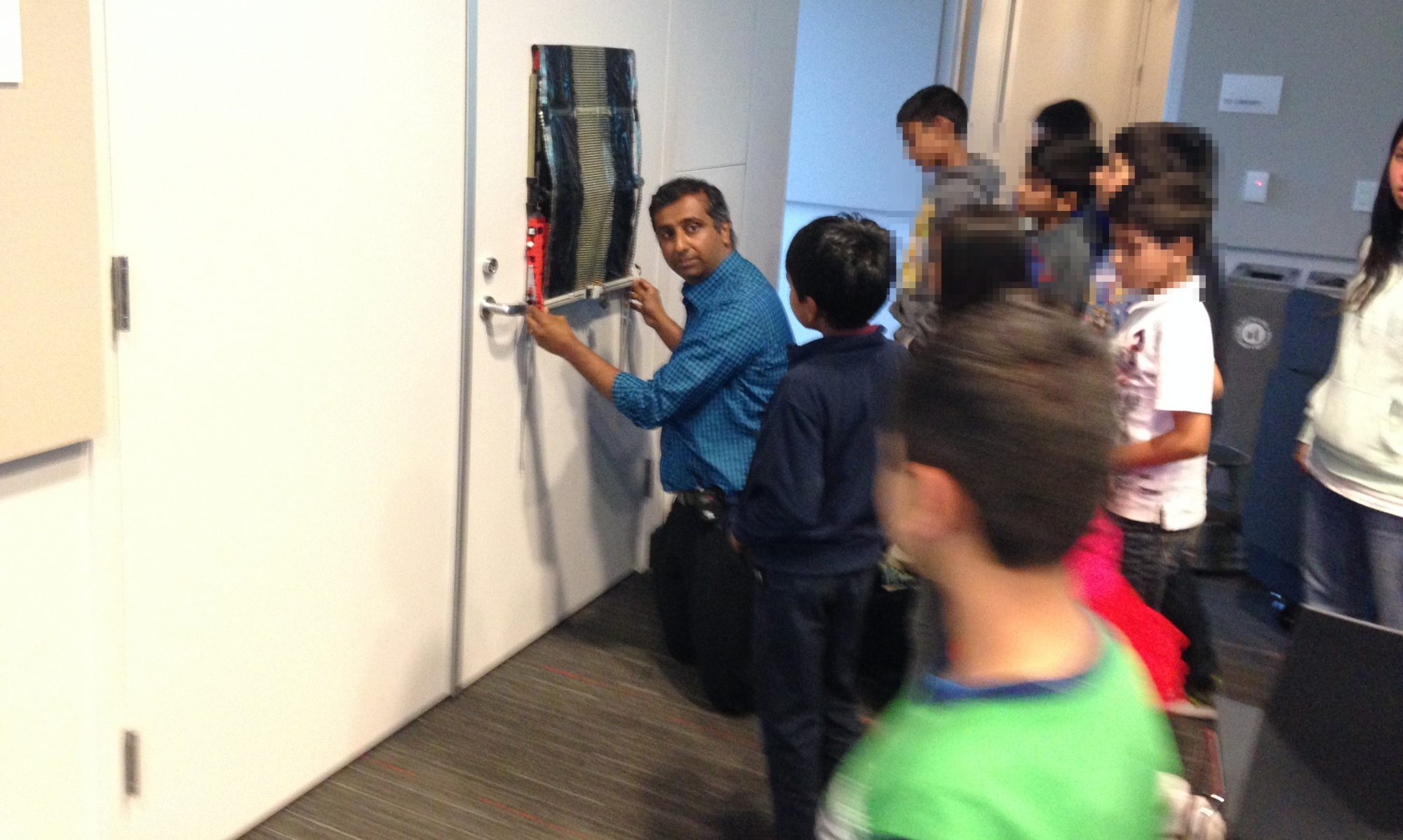I am hearing it over and over again, and I am hearing it not just from college admission officials, and consultants when they advise high school students aspiring to go to colleges, but also from companies recruiting professionals in engineering and other fields. I have heard that is the case even with doctors applying for residency. The world expects applicants to be different and stand out – at least until they join their organization.
Once they join an organization, they have to learn how to fit in. A student with an internship in a giant engineering conglomerate yesterday mentioned how he is learning corporate jargon and acronyms that is practiced like a religion within the company. However, that is a topic for another day.
Today, I want to address the expectation to be different, and the need to stand out among competing candidates.
Different means distinctive in this context.
Different means interesting.
When kids in high school get released into the real world of career pursuit, college education or professional training, I hear that they are expected to be different and learn to stand out among the 8 billion people in the world, or for that matter, the probable 8,000 candidates vying for a spot.
How could parents and educators help children be different? The answer is simple, yet difficult to achieve within a schooling system that is designed to educate students collectively.
The simple answer is to allow students stay different outside of school.
A student who was leading a college campus tour yesterday could not name a single unorganized activity or hobby that he enjoys in his free time. They were all programs in student clubs. These are important, no doubt, but when students go for a job interview the interviewers will not learn anything new about the world through him.
It is more important for students is to have room to pursue an interest on their own, something they created, crafted or curated. Something on which they can put their name with pride.
A pragmatic and low-cost approach is for a student to explore entrepreneurship.
That becomes easier when a kid is exposed to entrepreneurship.
Teaching it may yield results, but kids learn by observation and even better, by doing.
Not everyone is born into a family business or has an aunt or uncle who is in business. The next best thing is to provide an environment of entrepreneurial exposure. That’s been the genesis of AlligatorZone.
This environment can be created at home, but as one dad who is a successful physician-entrepreneur told me at our summer workshop, his teenage son will not follow his advice, and that it was better for him to develop an entrepreneurial mindset by attending AlligatorZone’s workshops.
Steve Jobs closed his Stanford speech saying, “Stay hungry, stay foolish.” Add “Be interesting” to that.
A good start would be to attend an AlligatorZone event where students can meet with accomplished startup founders and inventors. Join us in Tampa on March 28th to hear from and meet surgeon-inventor Dr. Anjan R. Shah MD., who will show us a surgical product he co-invented, a new way to fix a broken hip bone.



